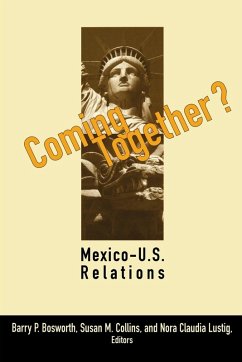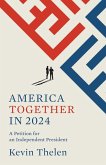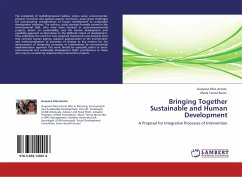" The signing of the North American Free Trade Agreement (NAFTA) was expected to signal the beginning of a new era of close co-operation between Mexico and the United States. Subsequent events, however, have introduced new tensions into the relationship. The 1995 economic collapse in Mexico sharply curtailed economic growth and lowered the demand for U.S. exports. The result has been a substantial deficit in U.S. trade with Mexico and renewed arguments that trade with Mexico reduces the employment opportunities of low-skilled workers in the United States. Immigration, both legal and illegal, has grown as a subject of contention between the two countries. Mexico has also come under increased focus as a conduit for the flow of drugs into the United States. In this book, scholars from the United States and Mexico examine the major elements of the bilateral relationship. The economic dimension is highlighted in two papers that focus on the effects of NAFTA on trade and financial transactions. The political and social dimensions are taken up in three papers on immigration, drug trafficking, and environmental concerns. The contributors include J. Enrique Espinosa and Pedro Noyola, SAI Consultores, Mexico; John Williamson, Institute for International Economics; Juan Carlos Belausteguigoitia, Ministry of the Environment, Mexico; Peter Smith, University of California, San Diego; and George Borjas, Harvard University."
Hinweis: Dieser Artikel kann nur an eine deutsche Lieferadresse ausgeliefert werden.
Hinweis: Dieser Artikel kann nur an eine deutsche Lieferadresse ausgeliefert werden.








